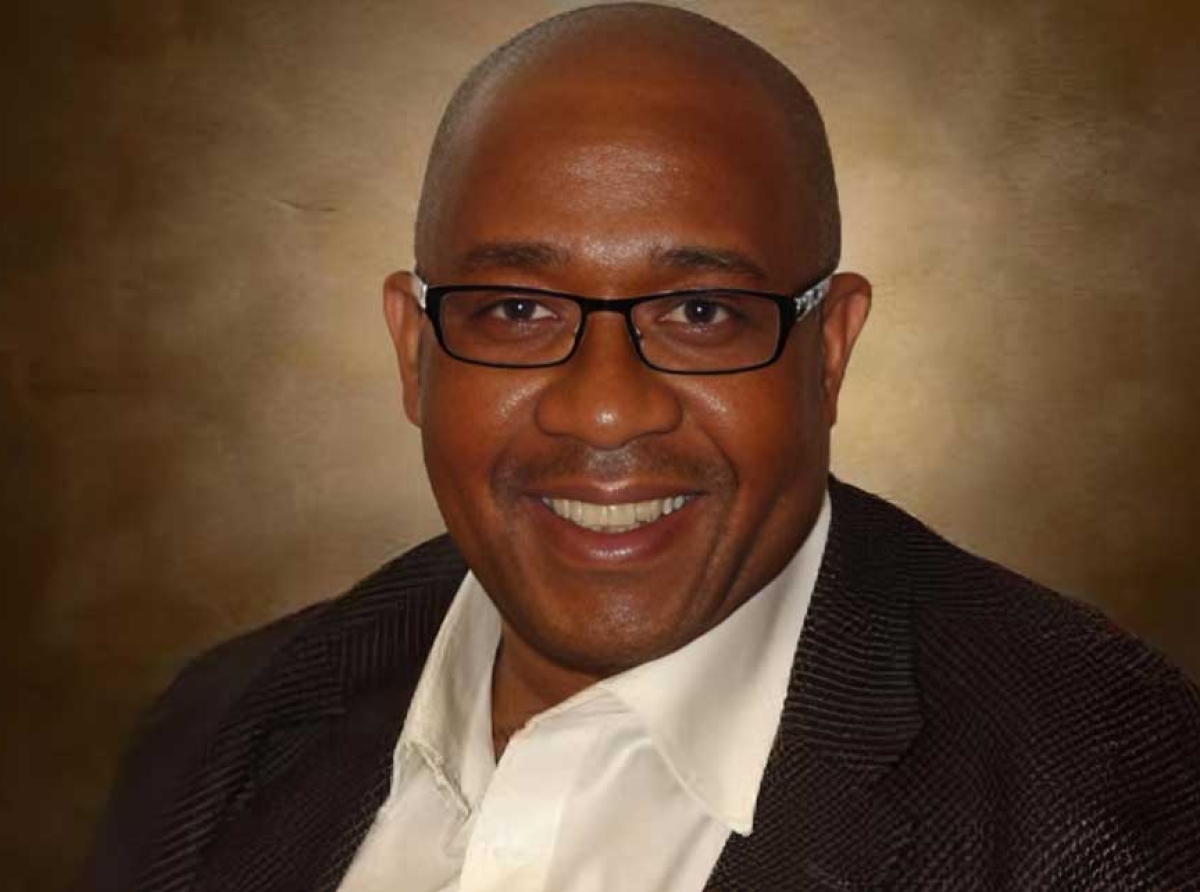JAMAICA | The Tale is always beyond Boundary or the Tape!

The 2024 Paris Summer Olympic Games are looking beyond the finishing line, and Caribbean journalist Earl Bousquet passionately celebrates the event. He sees it for what it is for the Caribbean as an incredibly exciting and historically significant occasion. He envisions a future of Caribbean geopolitics characterised by a peaceful zone, respect, regional emancipation, and reparations.
Saint Lucia’s Julien Alfred and Dominica's Thea Lafond have secured their nations' first Olympic Gold Medals, a feat matched by the strides made by Grenada, Saint Vincent, and The Grenadines. These victories, not mere individual triumphs, stand as a collective testament to the burgeoning prowess of the Caribbean in the world of sports, fostering a profound sense of unity and pride among the nations.
These accomplishments call for celebrating regional pride as Saint Lucia and Dominica join the other Caribbean nations of Cuba, Jamaica, Barbados, Bahamas, Suriname, Dominican Republic, Trinidad, and Tobago in the Olympic Gold Medal club.
Saint Lucian journalist Bousquet is fully conscious of the fact that no other people in human history began their history as the African Caribbean people relegated by European enslavers as things. Chattel was to be bought and sold alongside enslavement plantations' inventories such as mules, horses, and agricultural tools.
These were filled with centuries of racist stereotypes 'good for nothing' and “hewers of wood and drawers of water” that we debunk and smashed to pieces in literature and economic Nobel Peace Prize awards. Among them is Arthur Lewis's Caribbean economists, using his knowledge of the centuries of exploitation of the Caribbean people to advance the reparations agenda.
Before the arrival of Europeans, we were fully human. Despite colonization, we have personalities, feelings, and memories and still possess all these human qualities. Julien Alfred and Thea Laford illustrate the point using the Olympic Summer Games, like the sport of Cricket. Bousquet, a Saint Lucian journalist, fulfills his role with utmost social responsibility, honestly expressing the truth, and diligently performing his job, thereby contributing to the region's progress.
The focus is now on the Venezuelan election results, shedding light on the most urgent and troubling issues in the Caribbean and Latin America. The United States government's ongoing ignorance and arrogance towards the region persist. The US government and its military apparatus want regional political institutions such as CARICOM, OAS, and CELAC to align with their interests, disregarding the independence of these regional institutions and pursuing their self-interest.
Who has the authority to request to review the election results in the United States of America, Canada, and the member states of the European Union? By what authority does the United States government empower itself to assess election integrity?
What about the impact of the actions of the United States, Canada, and France in Haiti, which has left CARICOM in disarray and confusion? The lives of Haitians seem to be disregarded with the influx of guns and ammunition from the United States, and the Caribbean community has lost control over its national security as a result.
Why aren’t reparations the primary focus for repairing Haiti's historical and contemporary issues?
While the United States government has facilitated the legal instruments for payment of Holocaust reparations for the World Jewish Congress Lawsuit against Swiss banks, a similar approach is not seen for the Caribbean Community, including its payment to African Descendants.
This contrast raises the question: if the US positions itself as the global arbiter of justice, why does it not extend the same support to the Caribbean Community?
One of the central issues for CARICOM is the fear of reprisal from Washington, which often takes centre stage within the regional bodies. This fear can lead to a deafening silence on fundamental issues, highlighting the significant influence of external factors on the region's decision-making.
PetroCaribe's trade mission is among the Global South solutions to the neoliberal structural inequality in the world today. Venezuela stood at the doorstep of the Caribbean community, especially so during the global economic crisis in 2008. Venezuela was our saver, while Washington turned it back on us.
These are the fundamental problems facing the Caribbean and Latin American communities that journalist Earl Bousquet raises for us to ponder: In whose interests are we pursuing democracy and regional unity? The question on many minds of Caribbean people at home and abroad is, what would happen if Cheddi Jagan, Forbes Burnham and Walter Rodney were reborn with the nationalist's dream of using the nation's resources for the people and therefore nationalised the Guyanese recent discovery oil wealth for the benefit of the nation population? These questions of political and economic fundamentals Bousquet want us to think about.
-30-
